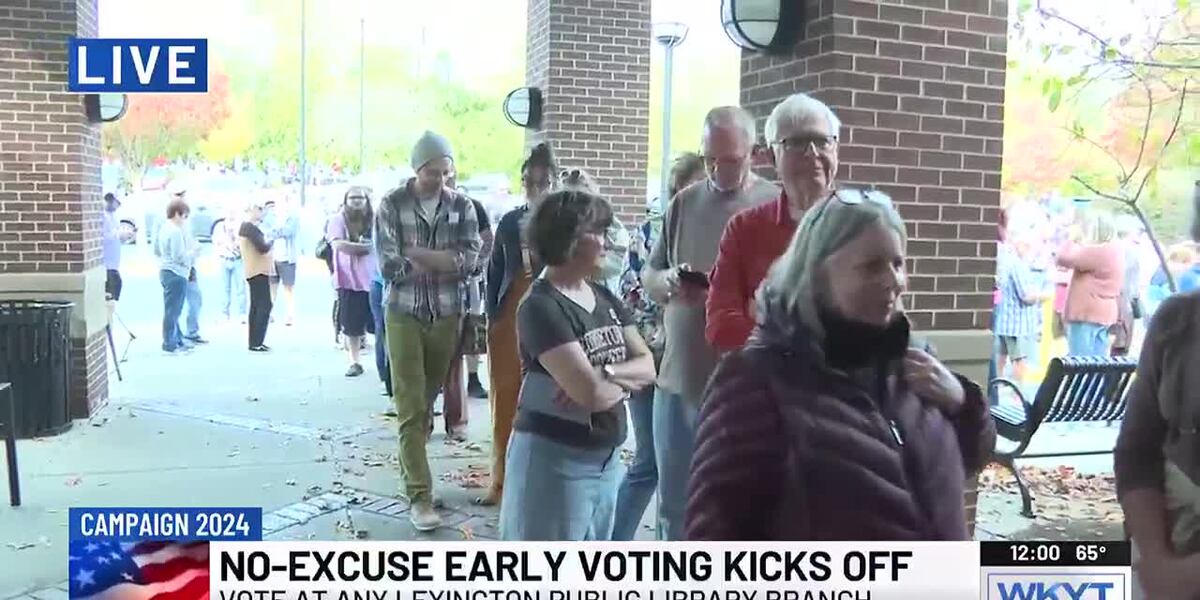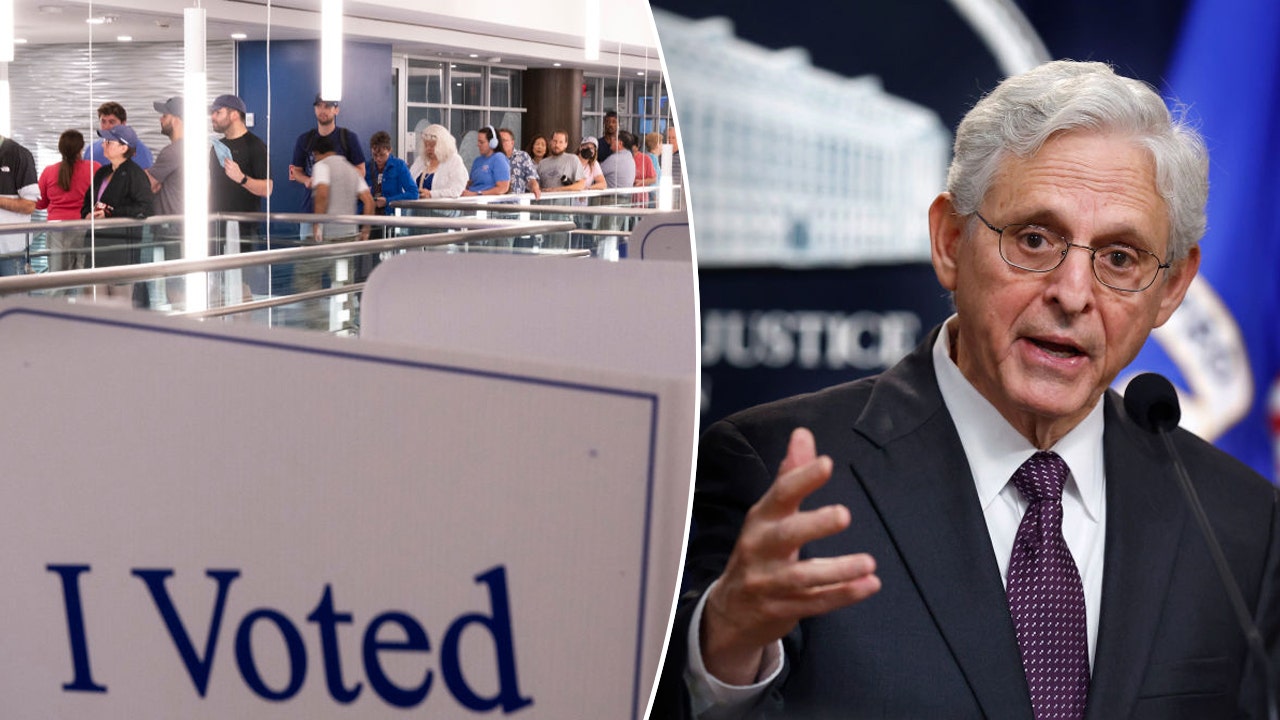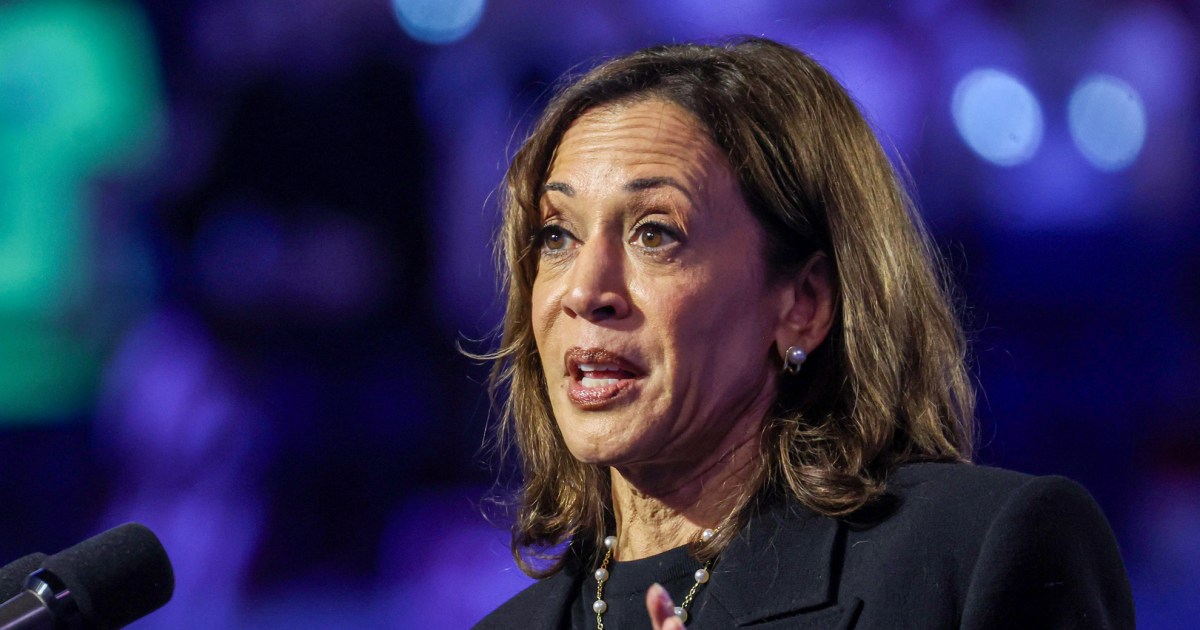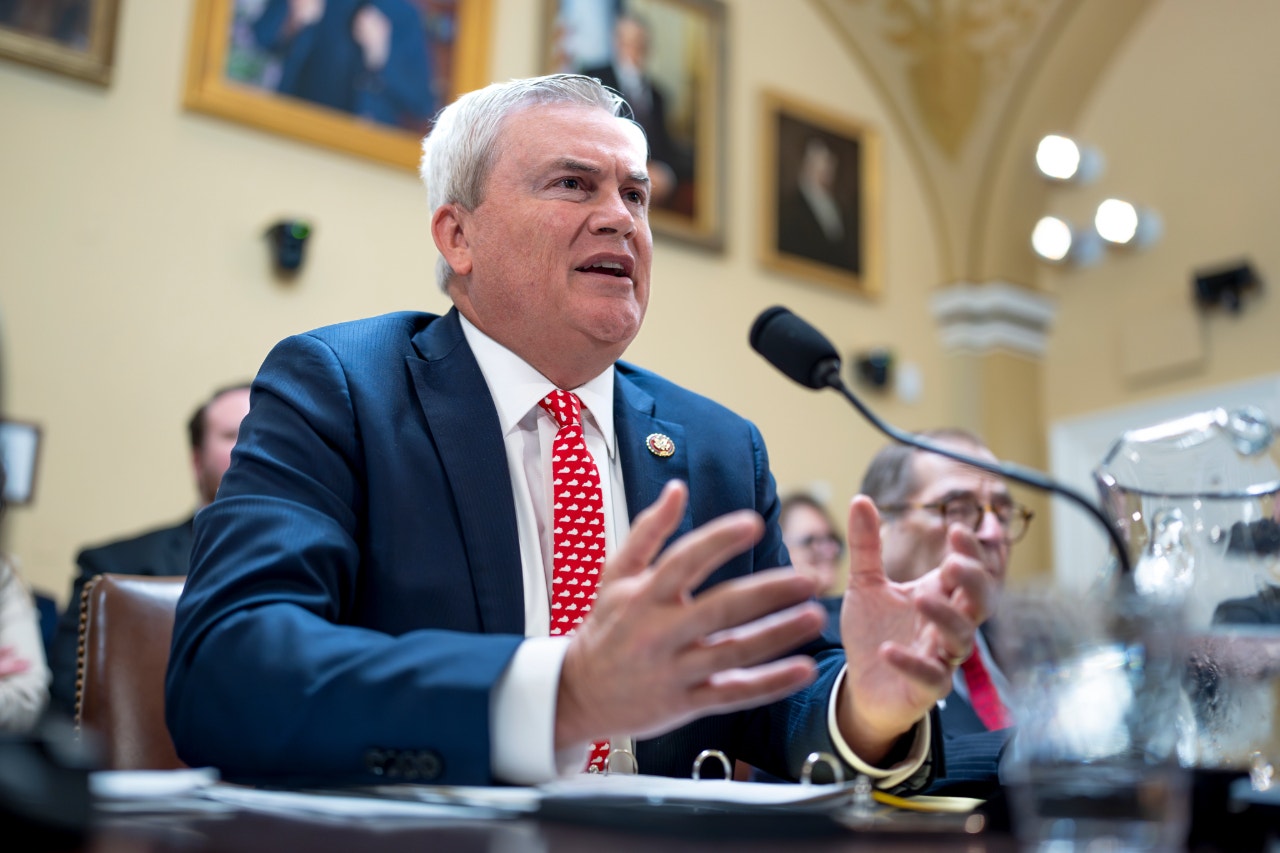Kentucky basketball: Mark Pope discusses win over Minnesota State
Kentucky basketball coach Mark Pope was happy with his team’s second half performance to get the win over Minnesota State in an exhibition game.
Sam Upshaw Jr.
LEXINGTON — Kentucky basketball opens the 2024-25 season — and the Mark Pope era — next week, as it welcomes Wright State to town for a 7 p.m. tipoff at Rupp Arena.
The Wildcats held their annual Big Blue Madness event earlier in October, which included a 3-point competition and dunk contest. Then they held a scrimmage session during the repurposed Blue-White event — though only fans in attendance at Memorial Coliseum were able to watch in person, as it wasn’t televised. And now, UK is done with the preseason, routing Division II clubs Kentucky Wesleyan and Minnesota State Mankato in a pair of home exhibitions.
But there’s still plenty to learn about this season’s roster.
The Courier Journal provides insight about this edition of the Wildcats by answering key questions entering the 2024-25 campaign:
Everything. From the scholarship players to the coaches, not a single part of the 2023-24 team is back this season. For that reason, the 2024-25 roster is historic: Per bigbluehistory.net — a statistical database devoted to detailing every aspect of Kentucky’s men’s basketball program — the 2024-25 campaign will be the first time UK has fielded a roster without a returning scholarship player from the previous season. Two seniors from last season, Tre Mitchell and Antonio Reeves, ran out of college eligibility. Three more (Rob Dillingham, Justin Edwards and Reed Sheppard) entered the NBA draft. The other seven scholarship players transferred: Aaron Bradshaw (Ohio State), Jordan Burks (Georgetown), Joey Hart (Ball State) and Ugonna Onyenso (Kansas State) left the SEC, while three ex-Wildcats (Zvonimir Ivišić, Adou Thiero and D.J. Wagner) followed former UK coach John Calipari to his new intraconference gig at Arkansas.
With Calipari gone, Kentucky turned to Pope, an alum and a team captain of “The Untouchables,” the program’s iconic national championship squad of 1995-96.
The dozen scholarship exits wrought 12 scholarship newcomers. Pope and the Wildcats treaded heavily in the transfer portal, adding nine players: guards Koby Brea, Lamont Butler, Kerr Kriisa, Otega Oweh and Jaxson Robinson, forwards Ansley Almonor, Andrew Carr and Amari Williams and center Brandon Garrison. UK also had a three-man signing class composed of Collin Chandler, Trent Noah and Travis Perry.
No one. Other than a pair of walk-ons (Grant Darbyshire and Walker Horn) who played a combined five minutes in 2023-24.
Jaxson Robinson. He’s the only member of UK’s roster to have played for Pope before. (Robinson spent the past two seasons at BYU, Pope’s previous school.) He was the Cougars’ top scorer last season, coming off the bench to average 14.2 points per game on his way to winning the Big 12’s Sixth Man of the Year award and earning an honorable mention nod for the All-Big 12 team. Robinson’s already showcased his top-flight ability offensively, pacing the Wildcats in points in both of their exhibition outings, scoring 19 versus Kentucky Wesleyan and 24 against Minnesota State Mankato. In the latter, every point from Robinson came from distance, sinking eight 3-pointers.
While he’ll likely be the Wildcats’ chief point-getter at the end of the season, don’t expect much of a margin between Nos. 1 and 2 — or perhaps even 1 and 5. Pope and his staff crave balance and sporting multiple scoring options on the floor at all times.
Take note: Four players on BYU’s 2023-24 roster finished with double-digit scoring averages, with three more above 9.0: Robinson (14.2), Fousseyni Traore (10.9), Trevin Knell (10.6), Spencer Johnson (10.3), Richie Saunders (9.6), Noah Waterman (9.5) and Dallin Hall (9.0).
Ansley Almonor. He’s the lowest-ranked transfer to join the program, according to every major recruiting service (Rivals, 247Sports and On3). The same goes for basketball statistician Evan Miyakawa, who not only had Almonor last among UK’s nine transfers but also questioned how quickly the former Fairleigh Dickinson star could adapt to the SEC. “He was (FDU’s) leading scorer last year, and he put up good numbers. … But they don’t play in a great league,” Miyakawa said. “So those sorts of statistics don’t typically translate that well, and my projections take that into account: just the massive talent jump that he’s gonna be taking in terms of teams that he’s playing against.” At UK’s media day in October, Almonor said he’s well aware of his detractors; friends and family pass along critical comments they’ve heard aloud or seen on social media. Now, it’s on Almonor to prove his doubters wrong.
Andrew Carr. A good bet to rank among the top two in points (behind Robinson) and rebounds (alongside center Amari Williams), Carr could have the best statistical profile of any Wildcat come the end of the season. He’s a gifted passer, too. But that’s not all: His 6-foot-10 frame belies his shooting ability, which he showcased throughout the team’s pro day Oct. 7. Carr was arguably the Wildcats’ top player that evening — and put that on display for scouts from all 30 NBA teams. With his size, length, top-tier decision-making and knack for knocking down shots from well beyond the 3-point line, Carr possesses every skill NBA teams desire from big men in modern basketball. If Carr’s play matches his potential, that bodes well for the Wildcats this season.
Seven. As in, seven players on Kentucky’s roster have played 2,000 or more minutes in college. (A hat tip to former Courier Journal UK beat writer Kyle Tucker for that figure, which he unearthed during a deep-dive analysis of the SEC ahead of the 2024-25 season.) Those seven 2,000-plus-minutes Cats are more than any outfit in the now-16-team conference, besting Alabama, Ole Miss and Texas A&M, which each boast six such players.
No, not a single member of UK’s roster has played together before. But the past decade has proven that programs with plenty of experienced veterans win national titles. No SEC club is as seasoned as the Wildcats in terms of college minutes. If the chemistry develops quickly, Kentucky will be a contender in March.
Lamont Butler. His individual stats might not dazzle. He might not go among the 60 picks in next year’s NBA draft. But Butler’s importance to this team’s won’t be judged by such numerical measures. His best attribute: lockdown, 1-on-1 defense. Pope regularly refers to him as the best perimeter defender in college basketball. Up and down Kentucky’s schedule, foes feature ultra-talented guards. Those lead guards take on even greater importance in March Madness; more often than not, teams with the best guard play make the deepest NCAA Tournament runs. Butler flummoxing and frustrating those guards would go a long way toward ensuring UK has a long stay in the Big Dance.
Reach Kentucky men’s basketball and football reporter Ryan Black at rblack@gannett.com and follow him on Twitter at @RyanABlack.















/cdn.vox-cdn.com/uploads/chorus_asset/file/25697380/STK071_APPLE_A.jpg)











/cdn.vox-cdn.com/uploads/chorus_asset/file/25431700/STK201_SAM_ALTMAN_CVIRGINIA_A.jpg)





